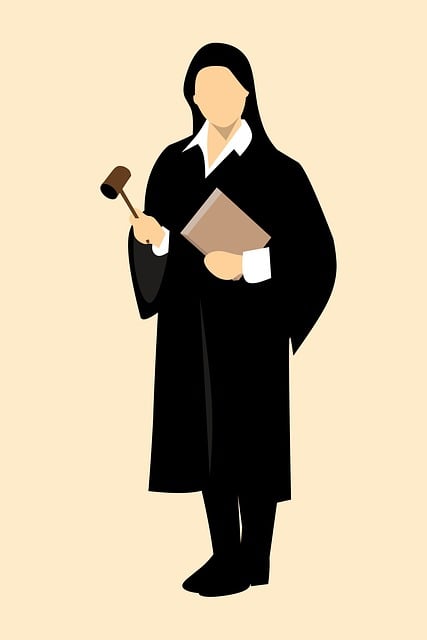Medical negligence occurs when healthcare professionals fail to meet accepted standards of care, causing patient harm. A medical negligence attorney specializes in navigating these complex cases by establishing duty of care, breach, and causation. Key evidence for successful claims includes medical records, expert testimony, and patient affidavits. Engaging a qualified medical negligence attorney is crucial for assessing the case, proving negligence, and guiding clients through legal procedures to achieve a favorable outcome.
In the intricate landscape of medical practice, understanding what constitutes medical negligence is paramount. This article delves into the defining aspects of medical negligence and its legal implications, providing crucial insights for those navigating malpractice claims. We explore the essential elements required to gather evidence, ensuring a robust case. Additionally, we guide readers through the legal procedures, highlighting critical steps to proving negligence with the assistance of a dedicated medical negligence attorney.
- Understanding Medical Negligence: Defining the Term and Its Legal Implications
- Gathering Evidence: What Does a Medical Malpractice Claim Require?
- Navigating Legal Procedures: Steps to Proving Negligence with a Medical Negligence Attorney
Understanding Medical Negligence: Defining the Term and Its Legal Implications

Medical negligence, often referred to as medical malpractice, is a complex legal concept that arises when a healthcare professional fails to adhere to the accepted standards of care, resulting in harm to a patient. It’s more than just a mistake; it’s a deviation from the recognized medical practice that causes injury or death. This can include misdiagnosis, improper treatment, lack of informed consent, or failure to monitor and treat patients appropriately.
A medical negligence attorney plays a crucial role in navigating these intricate cases. They must prove that there was a duty of care owed by the healthcare provider, that this duty was breached, and that the breach directly caused the patient’s injuries. This involves extensive research, expert opinions, and a thorough understanding of both medical literature and legal precedents. The implications of such claims are significant, as they not only seek compensation for the victim but also hold healthcare providers accountable, potentially leading to improved standards of care in the future, much like how personal injury claims or auto accident lawyer cases aim to rectify and prevent similar incidents from occurring again.
Gathering Evidence: What Does a Medical Malpractice Claim Require?

In any medical negligence attorney’s strategic approach to a malpractice claim, gathering robust evidence is paramount. Medical records, expert witness testimony, and patient affidavits are essential components that paint a clear picture of potential lapses in care. These pieces collectively help demonstrate a deviation from recognized standards of practice, which is crucial for proving medical negligence.
For instance, in cases involving a truck accident lawyer or car accident lawyer, evidence might include medical imaging revealing delayed diagnosis, treatment records highlighting communication breakdowns between healthcare providers, or witness statements describing the patient’s distress before and after the incident. Compiling these elements effectively requires meticulous attention to detail and often demands the expertise of investigators and legal professionals experienced in navigating complex medical jargon to ensure a compelling case for the victim.
Navigating Legal Procedures: Steps to Proving Negligence with a Medical Negligence Attorney

Navigating legal procedures in a medical negligence claim requires strategic steps and the expertise of a qualified medical negligence attorney. The first step is to thoroughly document all relevant facts, including medical records, witness statements, and any evidence that supports the alleged negligence. This involves gathering comprehensive information about the patient’s condition, the standard of care expected from healthcare professionals, and how any deviations from this standard may have contributed to harm.
Engaging a personal injury attorney specializing in medical negligence is crucial. They will assess the case, determine if there’s sufficient evidence to prove negligence, and guide clients through complex legal processes. This includes filing claims within statutory deadlines, navigating potential defenses raised by defendants (such as in cases of nursing home neglect), and presenting compelling arguments in court. The medical negligence attorney‘s role is vital in ensuring the case has a strong foundation and increases the chances of a favorable outcome for the plaintiff.
When pursuing a medical malpractice claim, understanding the key steps to prove negligence is essential. From defining the term and its legal implications to gathering specific types of evidence, each component plays a vital role in navigating the complex process. Engaging the expertise of a skilled medical negligence attorney can significantly enhance your chances of success by guiding you through these steps and ensuring a robust case presentation.






